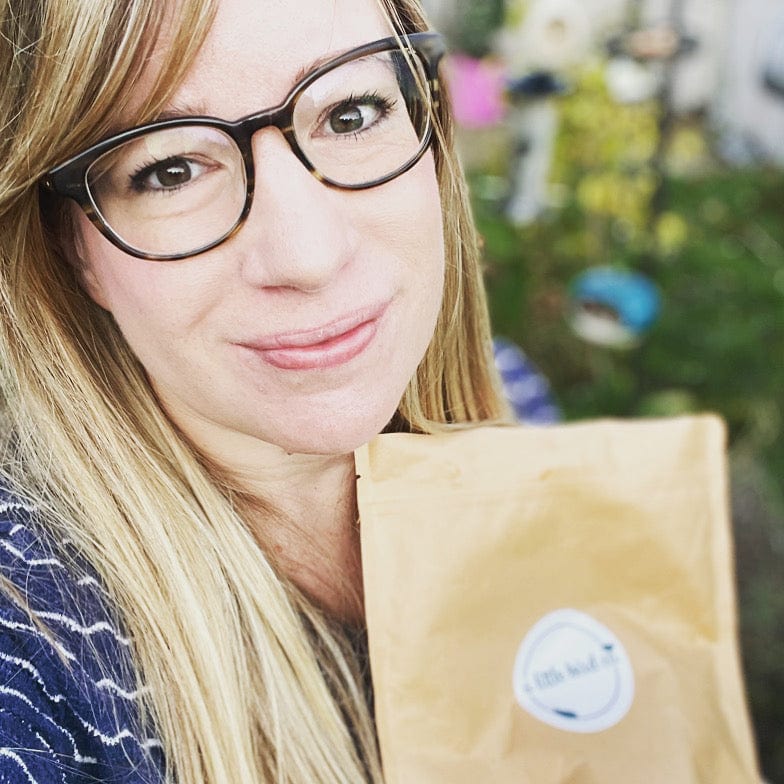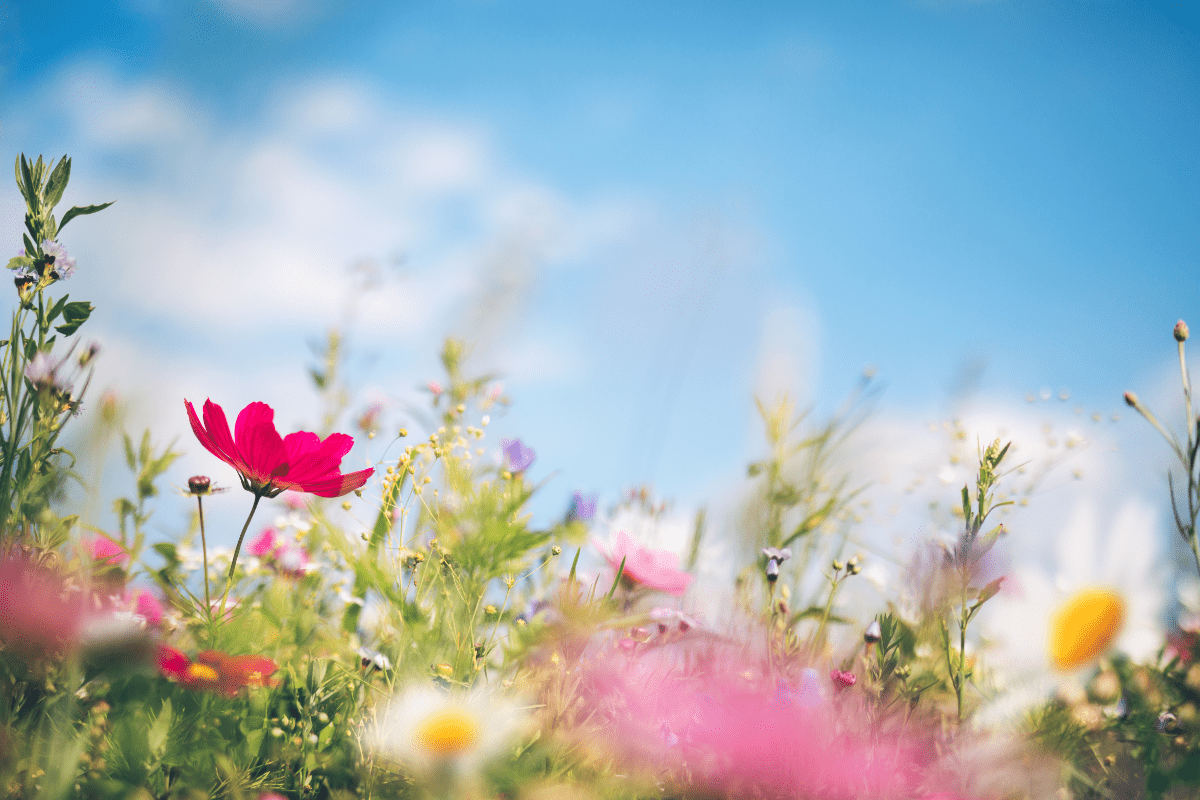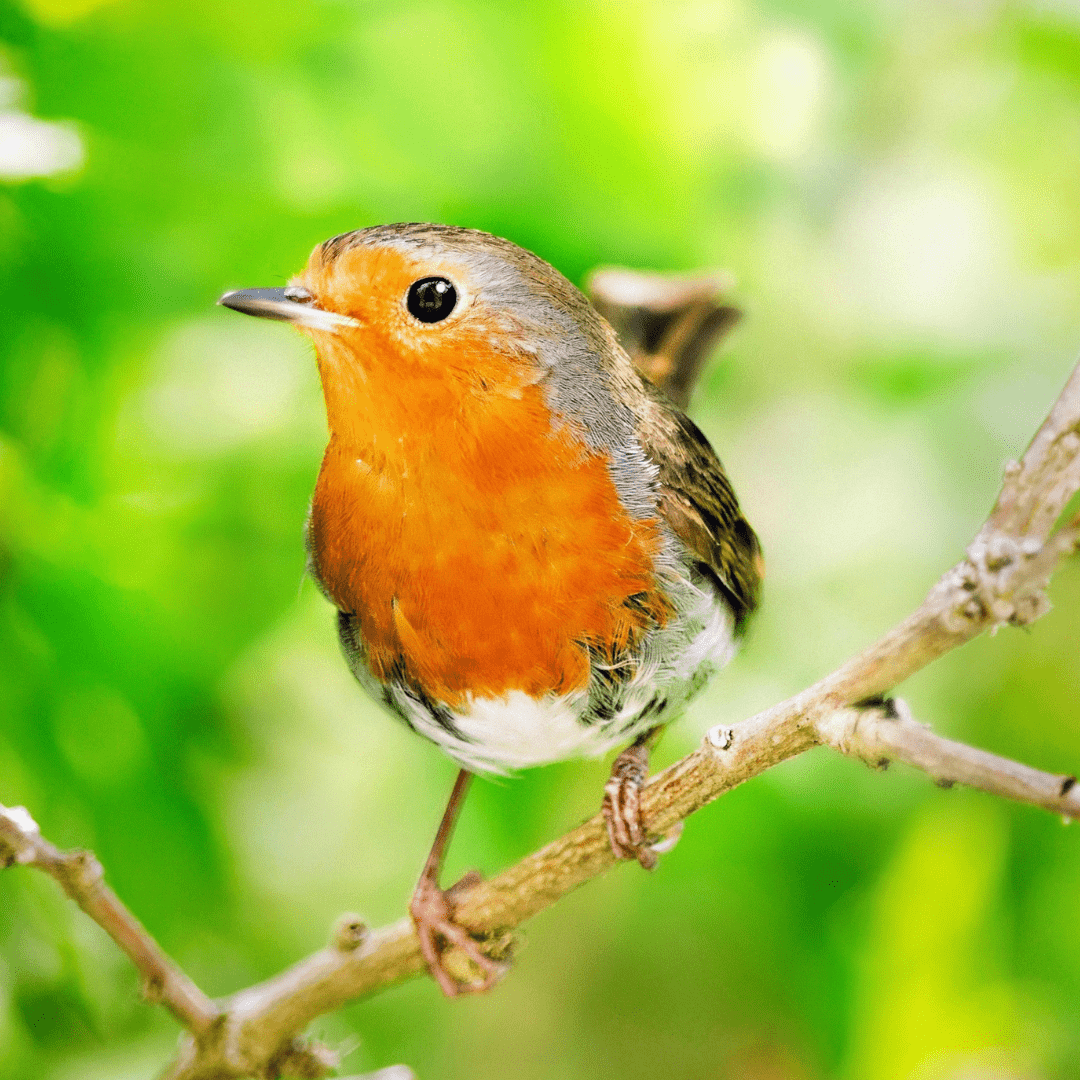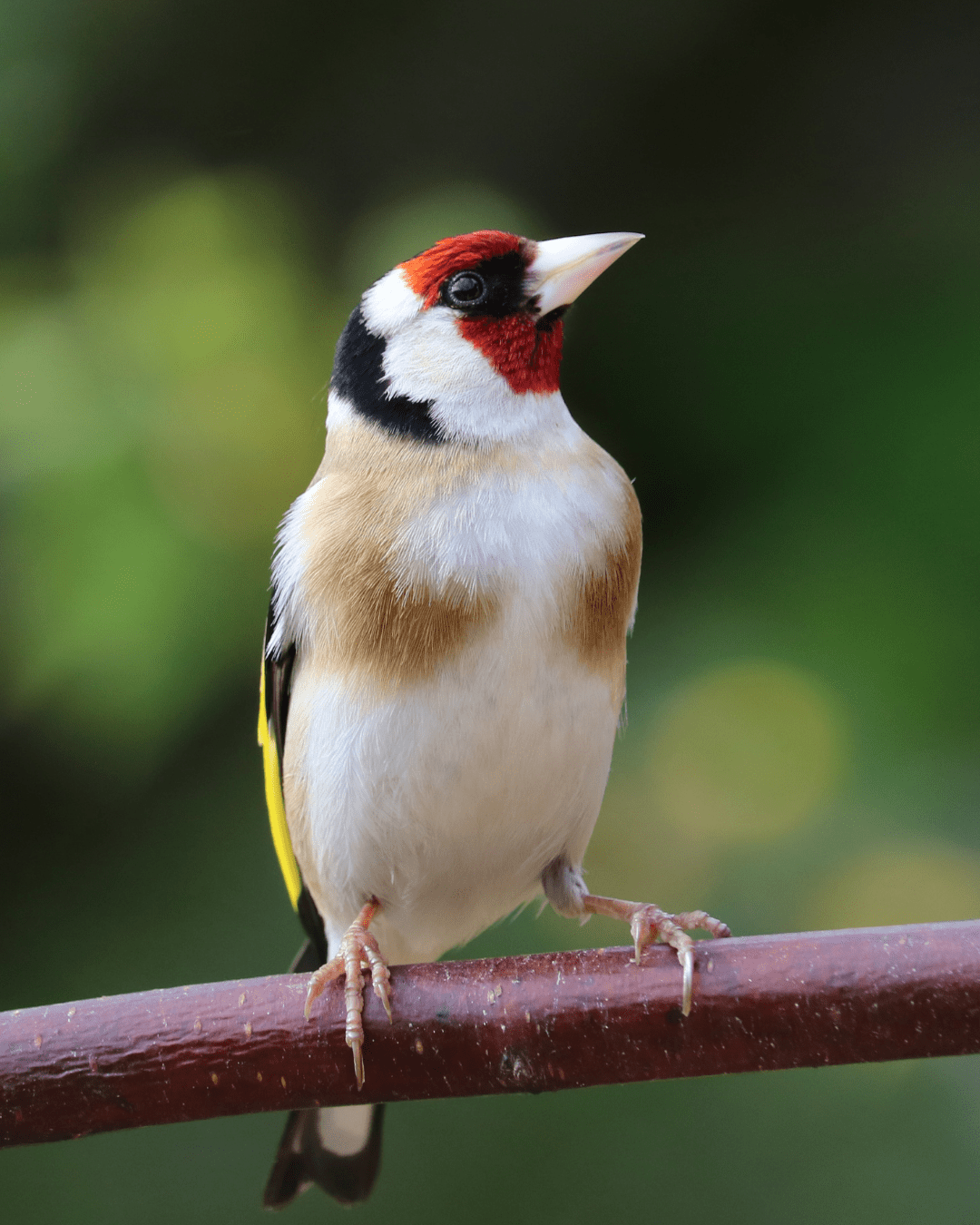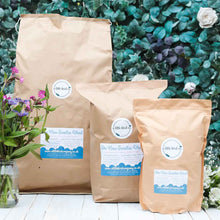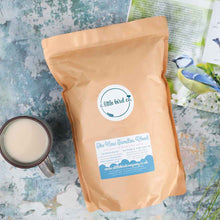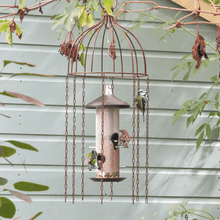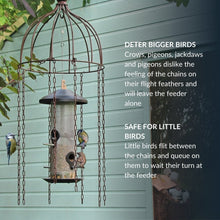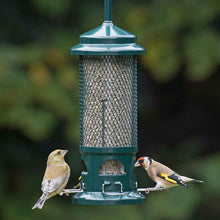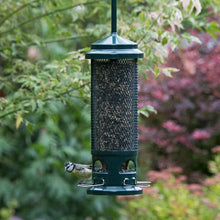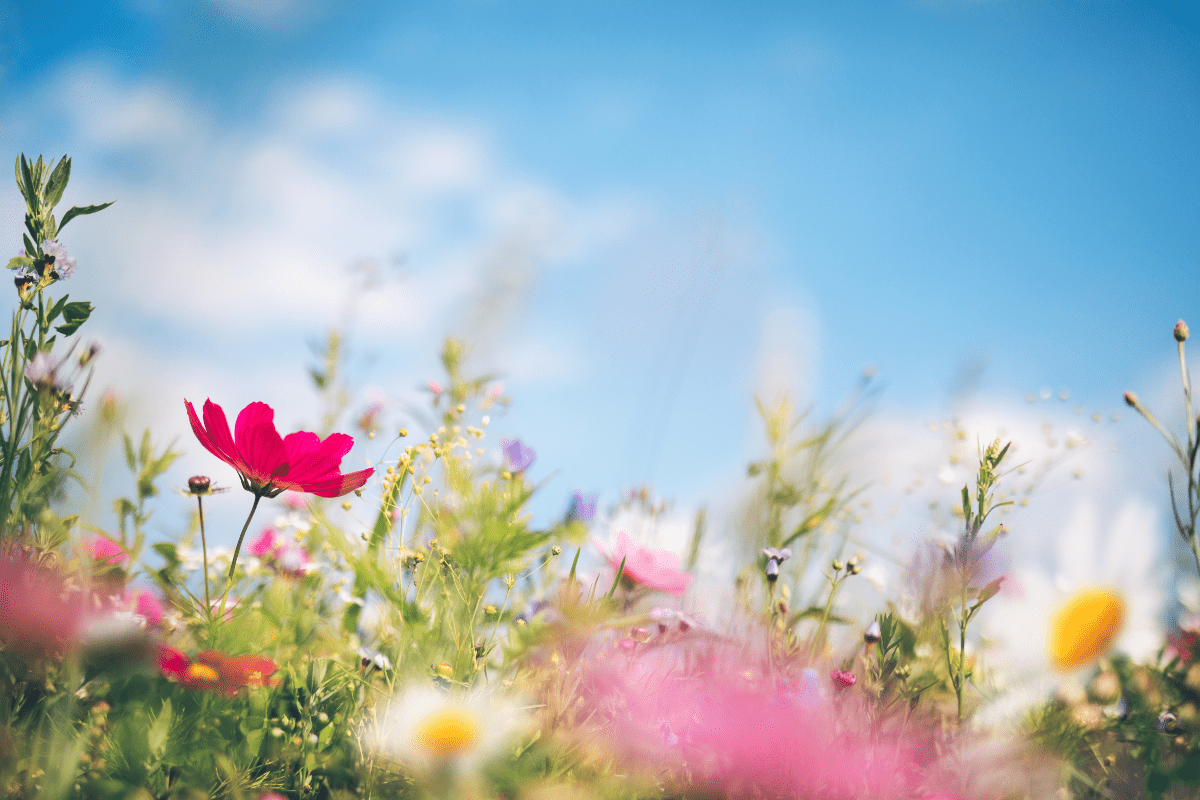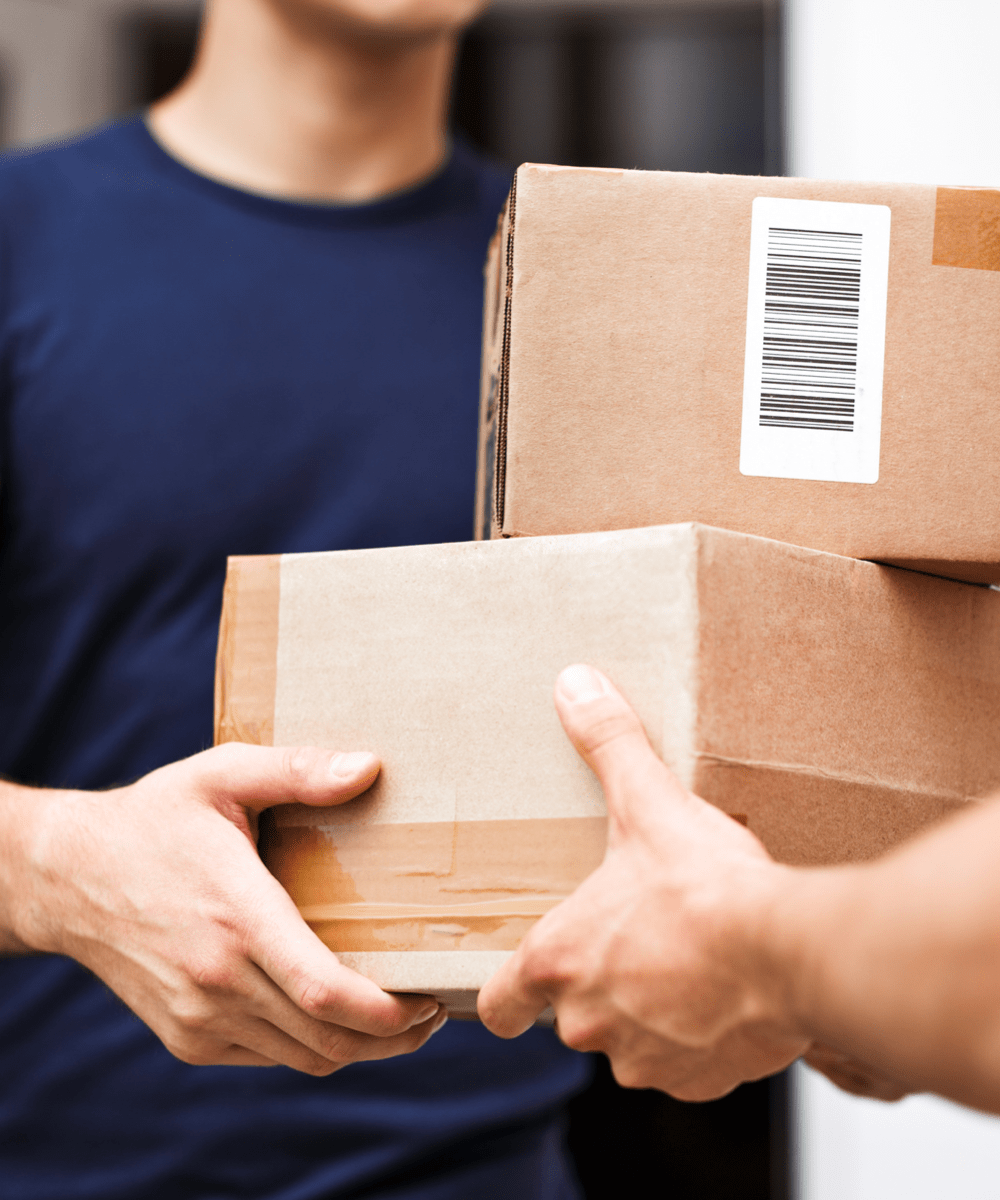How to make compost and attract wildlife to your garden

With compost day just around the corner, we're giving you some tips and tricks ahead of time so you can get started in your garden right away! Composting is a quick and easy way to improve your carbon footprint, recycle and attract wildlife to your garden. If you’re new to composting, find out some tips on how to start composting, some handy tips, along with the do’s and don’ts and the many benefits composting has on your garden.
How to start composting
The easiest way to start a composting heap is to buy an open bin - sometimes these can be obtained from your local authority. Throw all organic material inside the composting bin to start! It is good to aim for a mix of brown and green materials. Brown materials supply carbon whereas green materials supply nitrogen and moisture.
Brown materials can include:
- Dead leaves
- Twigs
- Manure
- Recyclable packaging - A Little Bird Company’s packaging can go in your compost bin and contribute to your brown mix!
Green materials can include:
- Grass clippings
- Vegetable waste
- Fruit scraps
- Coffee grounds
How to use your compost
Compost mix takes around 6-9 months to mature and turn into usable compost. Turn the mix occasionally throughout this time to introduce air and speed up the process.
The fine, rich compost in your bin is ready to be spread onto your soil! This will enrich your garden soil and improve the soil’s ability to hold nutrients.
The benefits of composting
Not only does composting help you recycle better, but you will also make your garden more wildlife-friendly. Compost helps to improve soil structure and increases water retention, providing food for decomposers. This in turn attracts birds and mammals.
- Make recycling easier and more efficient
- Good use for food waste
- Enriches garden soil helping to retain moisture for plants
- Reduces the need for chemical fertilizers
- Promotes healthier plant growth
- Combats climate change
- Reduces waste
- Saves money
- A great alternative to peat-heavy compost blends
These are just a few of the amazing benefits composting has on your garden and on your lifestyle, and we’re not even at the best part yet…
How does your compost attract wildlife?
The different layers of compost attract different wildlife species. The fresh material usually found in the top layer of compost is home to snails, slugs, white-legged millipedes and fruit flies. Some of which are a great food source for other wildlife including mammals and birds.
The second layer of compost, usually in early decomposition, provides a daytime retreat for toads and wood mice who can live and breed in compost heaps.
Lastly, the third layer of compost at the advanced decomposition stage is home to earthworms and centipedes.
Some wildlife found amongst your compost heap attracts birds to your garden, looking for a source of food.
If you’re looking for a reason to start composting and introducing many species of wildlife into your garden, here is your sign to do so… Happy composting!

